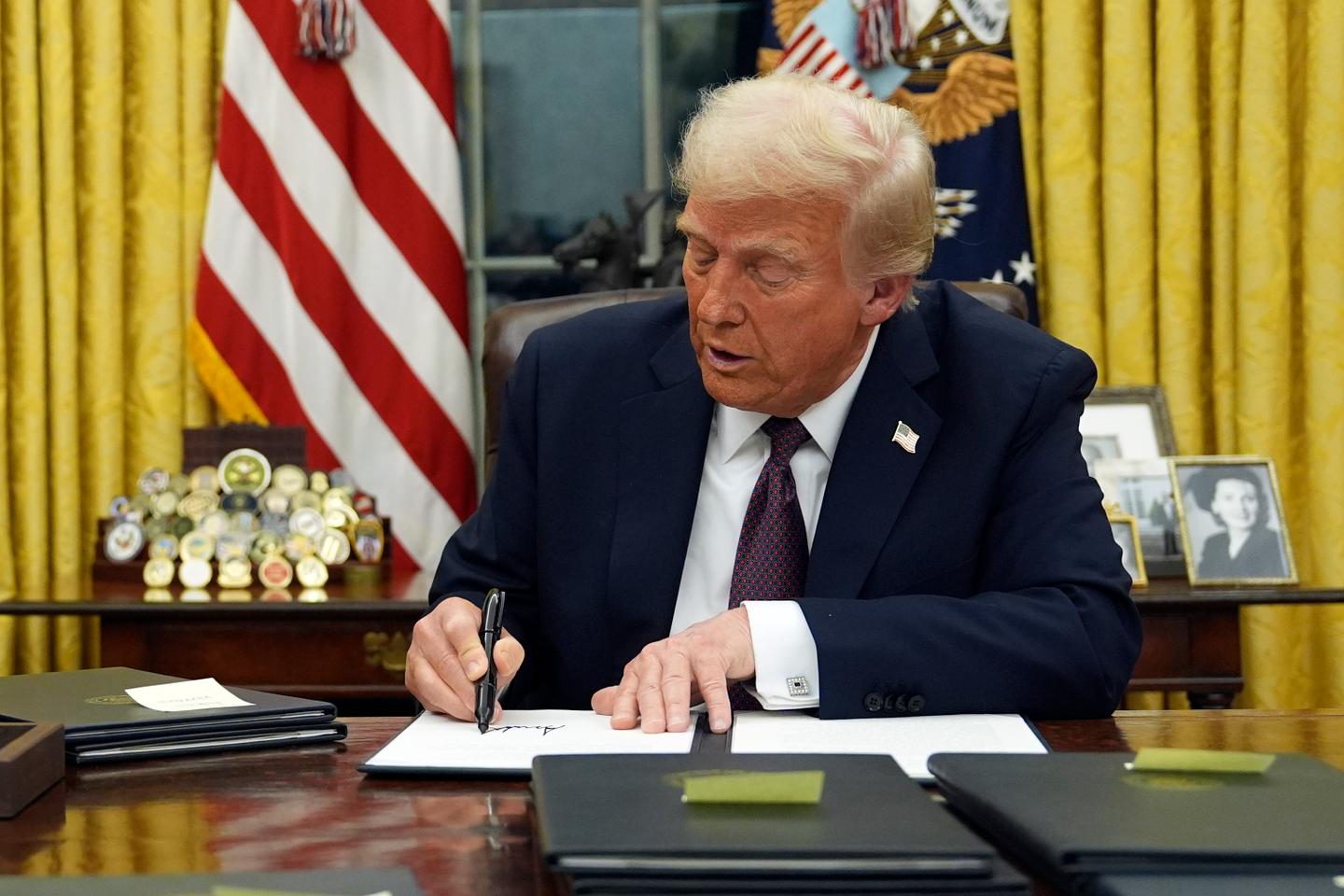


The incoming Trump administration is gearing up toward imposing substantial tariffs on all US imports. The new Treasury secretary, Scott Bessent, has used the optimal tariff argument to justify such actions. The new head of the Council of Economic Advisors, Stephen Miran, citing our own work, proposes 20% as a "benchmark" for the United States' optimal tariff. We think this is a very bad idea.
The optimal tariff argument is hardly new. It is about as old as David Ricardo's [1772-1823] famous case for free trade. It builds on the idea that countries have market power, and so can benefit from exercising it. Like a large firm that can increase its profits by manipulating how much it sells to its consumers and how much it buys from its suppliers, a large country may become richer by manipulating its volume of exports and imports. Export and import taxes are the tools to achieve this objective, with import tariffs far more common than export taxes due to various economic and political considerations.
To understand how the optimal tariff argument works, suppose that the US government imposes a tariff on French wine. Everything else being equal, US consumers would face higher prices and reduce their demand. This could put downward pressure on the prices at which French wine producers would be willing to sell, leading to overall gains for the US that may now purchase wine from Bordeaux and other French terroirs at a discount at the dock, even though US consumers would still pay a higher price at the supermarket since the price they pay has the tariff added on top.
A pedagogical tool
We expect large countries like the US to have some market power. What's less clear is: How much? This depends on several factors that are difficult to measure precisely. For example, market power depends on how easy it is for foreign exporters to find alternative markets. If French winemakers can no longer sell their products freely to US consumers, can they sell them to German or Chinese consumers? If so, the price of French wines won't change much and the optimal tariff should be lower.
You have 69.13% of this article left to read. The rest is for subscribers only.
